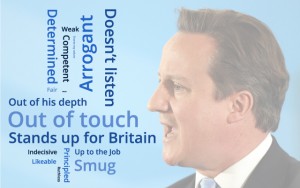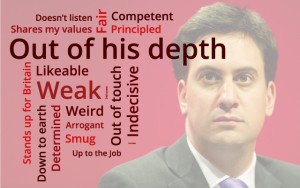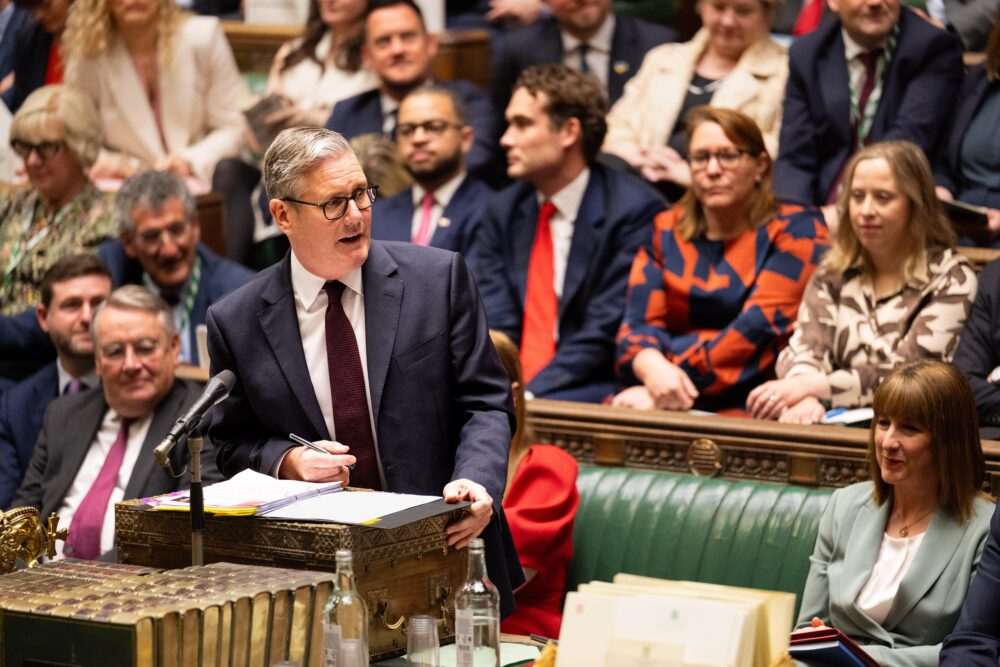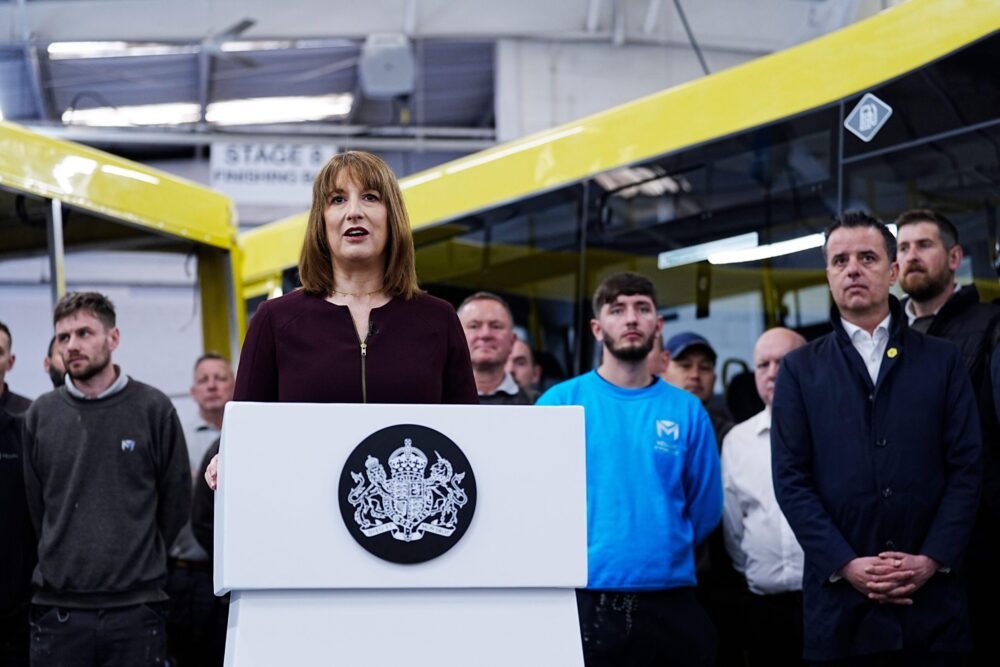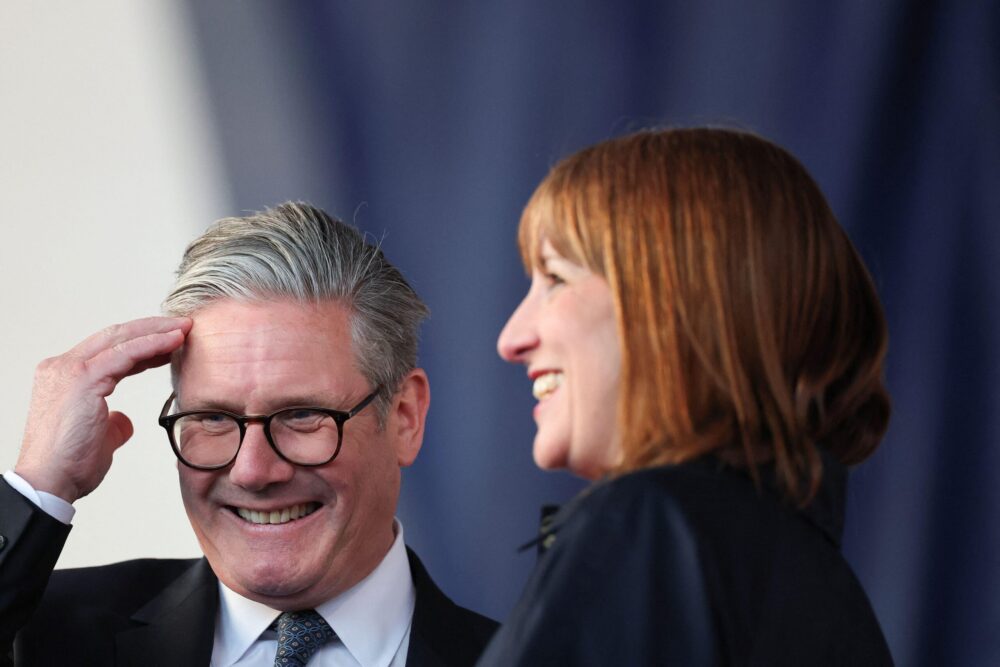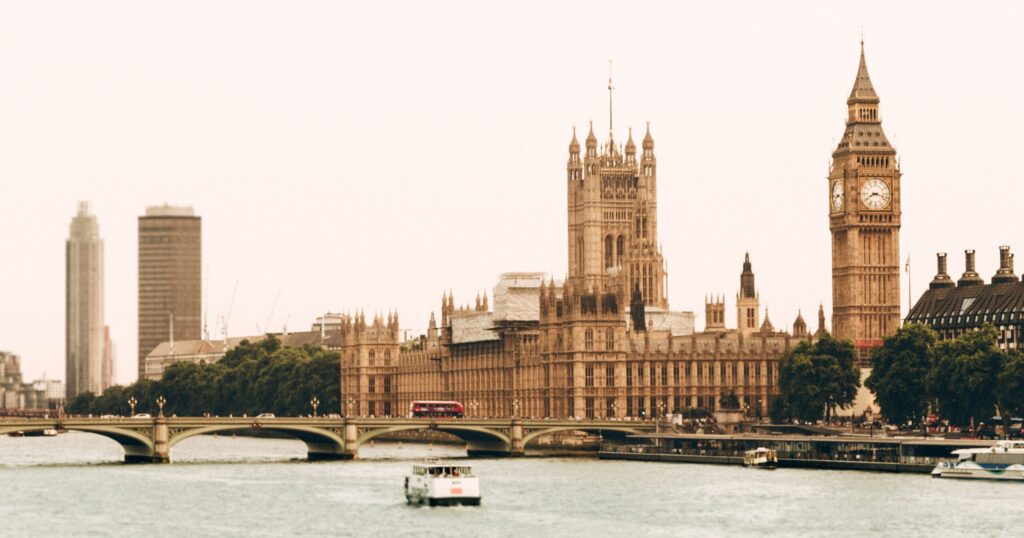
The year started promisingly enough. The government’s mid-term review aimed to show what had been achieved and set the agenda for the rest of the parliament. Meanwhile, the Prime Minister’s Europe speech was supposed to clear the decks and allow us to talk about the things we were elected to do.
So much for all that. My latest poll, conducted over the past weekend, shows the last six months to have been a missed opportunity to make progress on the things that will determine who wins in 2015. The ten-point Labour lead is familiar, though 37% is not much of a score for an opposition party expecting to sweep to power in 23 months’ time. Indeed UKIP is the only party with momentum on its side, with more voters saying they are moving towards it than away from it.
Perceptions of the Conservatives have been eroded further. We are barely ahead of Labour on having a good team of leaders, and well behind on being a “united party” (indeed only 28% of voters think that is now true of the Tories). Since January we have fallen still further behind on being “for everyone”. Our relative improvement on being “competent and capable” is a result of Labour sliding even further on the measure than we have.
There are some startling changes since the beginning of the year when it comes to parties’ trust on different issues. The Conservatives have fallen behind on “helping business to grow and recover”. The Tory advantage on “tackling abuse in the welfare system” is down to just five points. And almost unbelievably, given where we were in the last parliament, our leads on tackling crime and dealing with immigration have disappeared altogether; the Tories are now level pegging with Labour on both issues. Labour retain their 30-point lead on looking after the NHS.
This is the price we have paid for spending half a year talking amongst ourselves. For what it is worth, views have hardly changed at all on the things we have mostly been talking about. There have been only small shifts in opinion about the EU since before The Speech (though there has been a small rise in the number with no strong view either way), and the most negligible change in the margin between those who are for and against same-sex marriage (up from 11 to 12 points since May 2012).
There is some good news on the economy, if only in the sense that the proportion expecting things to be at least as bad or even worse in two or three years’ time (63%) is no higher than it was in January. The coalition team of Cameron, Clegg and Osborne are more trusted than Miliband and Balls by a slightly smaller margin of 14 points, compared to a rather narrower 5 points when only the Tory and Labour teams are named.
The total preferring Cameron to Miliband as Prime Minister (57%) is all but unchanged, though there has been a noticeable shift between those saying they are satisfied with Cameron’s performance and those saying they are dissatisfied but still prefer him to the alternative. The PM’s lead is down – but still strong – on representing Britain in international negotiations (24 points), making the right decisions even when they are unpopular (16 points), being able to lead a team (14 points) and doing the job overall (16 points). Miliband leads by 26 points on understanding ordinary people.
For the first time, though, the proportion saying they were more favourable towards the Conservative Party generally than to Cameron himself was (slightly) higher than those saying the opposite. Miliband continues to be significantly less popular than his party.
Overall, views of the three leaders have changed remarkably little over time. Asked to choose from a selection of words and phrases that might describe them, participants continue to choose “out of touch” for Cameron, with “stands up for Britain” as a positive counterbalance. Miliband remains predominantly “weak” and “out of his depth”, with no very prominent positives. Clegg contrives to combine the weaknesses of the other two, being “weak”, “out of his depth”, and “out of touch” all at the same time.
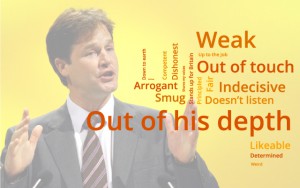 All in all, the first half of 2013 represents a time of stagnation that we could hardly afford. We have a good case to make on many of the policy areas on which we have lost ground, including crime, immigration, welfare reform and the economy. But people will only hear that case if we use the available air time to make it. The latest round of parliamentary scandal will make people all the more resistant to what we have to say, and the spending review later this month makes it all the more necessary to show we are doing what people expect of us. There is no more time to waste.
All in all, the first half of 2013 represents a time of stagnation that we could hardly afford. We have a good case to make on many of the policy areas on which we have lost ground, including crime, immigration, welfare reform and the economy. But people will only hear that case if we use the available air time to make it. The latest round of parliamentary scandal will make people all the more resistant to what we have to say, and the spending review later this month makes it all the more necessary to show we are doing what people expect of us. There is no more time to waste.
